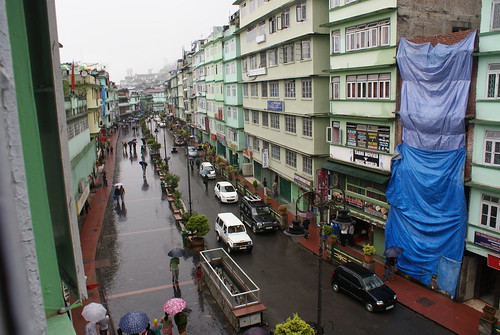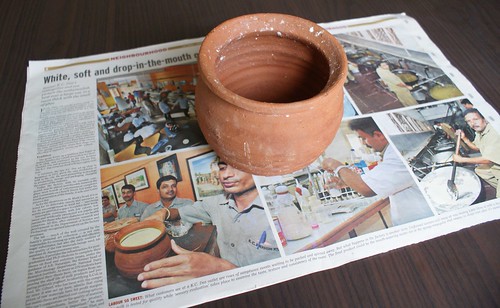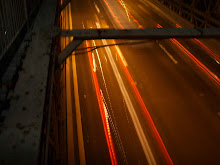Results of the elections to urban local bodies in Karnataka have just been announced.
And with loads of data at my disposal, seemed like a good time to play around with graphics and some of the online tools I've chanced upon recently.
Given that the BJP government has been in power in the State for the last five years, its lacklustre performance and the good showing by the opposition Congress is being read as the tide turning. Especially with State elections just a couple of months away.
Yes, there's a mandate for the Congress, but this graphic seems to suggest a more drastic loss for the BJP and the Janata Dal (S), the BJP's ex-alliance partner.
The total number of seats up for grabs is 4976. Results have been declared for 4952 (Tardal with 23 seats boycotted the elections; no nominations were filed for one seat in Chickballapur).
Among the seven city corporations that went to polls:
No party has got a majority in the Mysore City Corporation council. (This one was easy, I don't get bragging rights.)
More to follow as I get around to doing it!
Update: Some more elections visualisations (definitely more expert-like!)
And with loads of data at my disposal, seemed like a good time to play around with graphics and some of the online tools I've chanced upon recently.
Given that the BJP government has been in power in the State for the last five years, its lacklustre performance and the good showing by the opposition Congress is being read as the tide turning. Especially with State elections just a couple of months away.
Yes, there's a mandate for the Congress, but this graphic seems to suggest a more drastic loss for the BJP and the Janata Dal (S), the BJP's ex-alliance partner.
The total number of seats up for grabs is 4976. Results have been declared for 4952 (Tardal with 23 seats boycotted the elections; no nominations were filed for one seat in Chickballapur).
Among the seven city corporations that went to polls:
No party has got a majority in the Mysore City Corporation council. (This one was easy, I don't get bragging rights.)
More to follow as I get around to doing it!
Update: Some more elections visualisations (definitely more expert-like!)
- Congress tipped for major gains in forthcoming Assembly elections.
- Visualising Karnataka ULB polls (love the map!)








